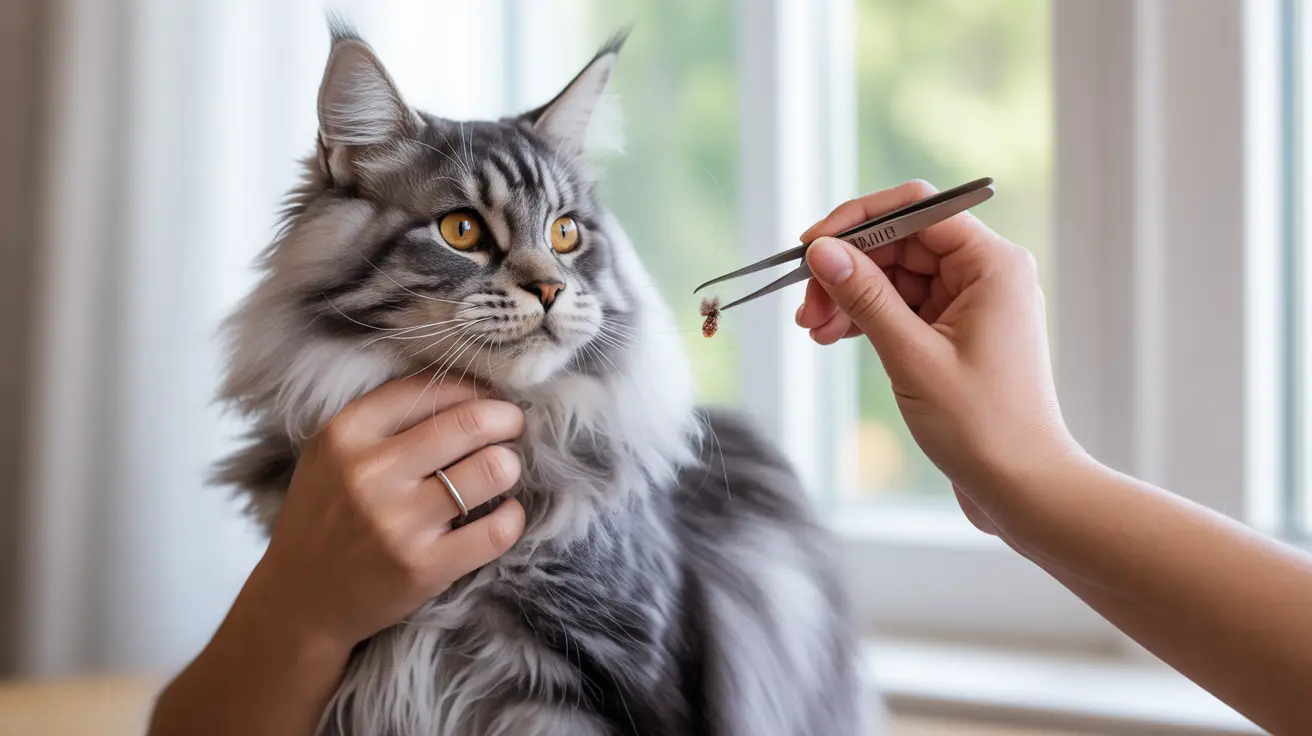How to Find a Good Dog Groomer: A Practical Guide
Grooming isn't just about making your dog look sharp—it's a crucial part of their health and happiness. Whether you want to keep your pup's coat in top shape or need help handling tricky tasks like nail trimming or ear cleaning, a professional groomer can make life easier for both you and your pet. But how do you choose the right one? Let's break down the process so you feel confident leaving your furry friend in capable hands.
Why Professional Grooming Matters
Professional groomers offer more than just baths and haircuts. They know how to spot early signs of skin conditions, fleas, ticks, mats, or infections—issues that could go unnoticed at home until they become serious. Their expertise covers:
- Bathing with dog-safe products
- Brushing out tangles and loose hair
- Trimming according to breed standards or owner preference
- Nail clipping for comfort and posture
- Ear cleaning and teeth brushing
- De-shedding treatments or medicated baths if needed
- Anal gland expression when indicated
This attention to detail helps keep your dog comfortable and can even catch health problems early.
What to Look For in a Groomer
The best groomers combine skill with genuine care for animals. Here are some steps to guide your search:
- Ask About Experience & Training: Find out how long they've been grooming, what breeds they're comfortable with, and whether they've attended grooming schools or continuing education seminars.
- Check Certifications: While not all areas regulate grooming, many reputable professionals hold certifications or participate in programs like the AKC S.A.F.E. Groomer Program. This shows commitment to best practices.
- Get References: Recommendations from friends, family, veterinarians, or online reviews can reveal much about a groomer's reputation.
- Visit the Facility: Look for cleanliness, organization, and safety. Ask how dogs are handled when not being groomed—are they crated individually or supervised in play areas?
- Discuss Your Dog's Needs: Share any special instructions (allergies, sensitive skin, behavioral quirks) up front. A good groomer listens carefully and sets realistic expectations.
The First Appointment: What to Expect
Your dog's first visit usually starts with a consultation covering health status, temperament, coat condition, and required services. Expect an appointment to last two to three hours depending on size and needs—some dogs may need extra time if they're nervous or elderly.
A quality groomer will explain their process clearly: what's included (like bathing vs full haircut), what equipment they'll use (clippers vs scissors), and any additional fees for special treatments such as de-shedding or medicated shampoos.
Puppies & Regular Visits
Puppies can start grooming as early as twelve weeks old after vaccinations. Early visits help them get used to being handled by strangers—a big plus for future appointments! Adult dogs benefit from regular sessions too; long-haired breeds might need professional care every four to six weeks while short-haired pups can go longer between visits. No matter the breed, home brushing is still important between appointments.
Sizing Up Safety & Cleanliness
- Sanitation: Ask how often equipment is cleaned (clippers, scissors), what products are used on pets with allergies or sensitive skin.
- Vaccination Policy: Reputable salons require up-to-date vaccinations for all clients—a sign they take health seriously.
- Crisis Readiness: Inquire about their plan if a dog becomes stressed or ill during grooming.
The Money Talk: Understanding Pricing & Services
Pricing varies based on size, coat type, frequency of grooming, and specific services requested. Always ask for a detailed breakdown so there are no surprises later. Extra treatments like de-shedding or flea baths may cost more but could be necessary for your dog's comfort.
Troubleshooting: Aftercare & Communication
If you notice any irritation or discomfort after grooming—redness around the eyes or ears, limping from nail trims—let your groomer know right away. Maintain regular brushing at home between visits; check your dog's skin for lumps or ticks as part of routine care. Praise your pup during and after each session so they associate grooming with positive experiences.
If Your Dog Gets Anxious...
Nervous dogs sometimes do better if owners stay nearby during appointments; others relax more once you're out of sight. Discuss these options with your groomer—they should be flexible enough to accommodate what works best for your pet's temperament.
The Qualities of an Excellent Groomer
- Keeps facilities spotless and organized
- Pursues ongoing education in animal care
- Takes time to answer questions honestly
- Cares about animal welfare above all else
- Easily provides references upon request
A great dog groomer becomes an important partner in keeping your pet healthy—and happy—for years to come. With careful research and open communication, you'll find someone who treats your dog like family every step of the way.





